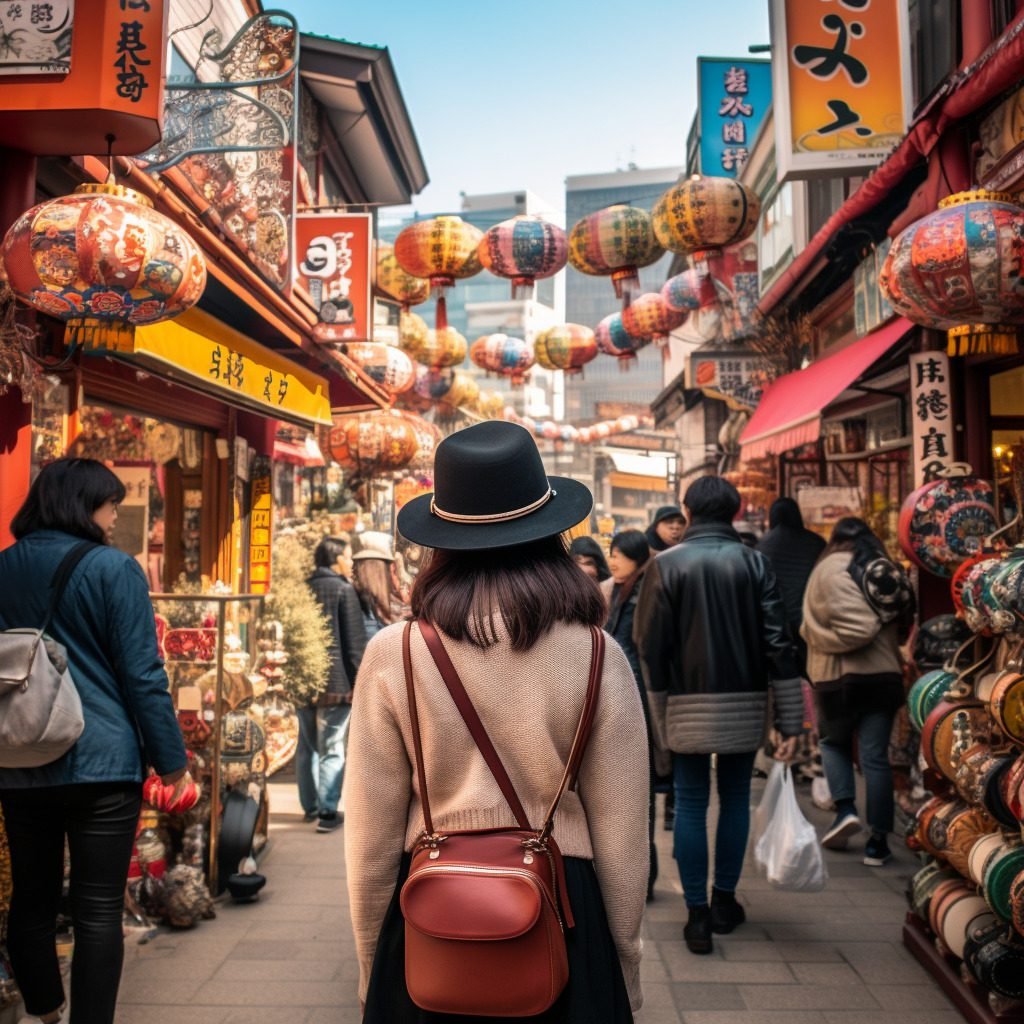Rules in South Korea: A Guide to Understanding the Culture
Introduction
When traveling to a new country, it’s important to not only immerse oneself in the sights and sounds but also to respect and follow the rules and cultural norms of the destination. This is especially crucial when visiting a country like South Korea, where cultural etiquette and adherence to societal norms are highly valued. By understanding and abiding by the rules in South Korea, visitors can show respect and build positive relationships with locals. In this article, we will explore key elements of South Korean culture, highlight specific rules and norms, and provide practical tips for travelers.
Key Elements
Element 1: Respect for Elders
In South Korea, respect for elders is deeply ingrained in the culture. It is important to use appropriate language and honorifics when addressing older individuals. Bowing as a sign of respect is also customary, with the depth of the bow corresponding to the seniority and status of the person being greeted.
Element 2: Confucian Influence
Confucianism has had a significant influence on South Korean culture and the way people interact with one another. Concepts such as hierarchical relationships, respect for authority, and collective harmony play a vital role in society. Visitors should be mindful of these dynamics when interacting with locals, particularly in formal settings.
Element 3: Dining Etiquette
South Korea is famous for its delicious cuisine and dining culture. When dining with Koreans, there are a few important rules to remember. It is customary to wait for the eldest person to start eating before beginning your meal. Chopsticks should not be left sticking upright in the rice bowl, as this is considered disrespectful. Additionally, slurping noodles is a sign of enjoyment, not rudeness.
Element 4: Public Behavior
South Korea places a strong emphasis on public order, cleanliness, and consideration for others. Some rules to keep in mind include refraining from smoking in public areas unless designated, avoiding loud conversations or disruptive behavior on public transportation, and properly disposing of trash in designated bins.
Element 5: Personal Space
South Koreans value personal space and tend to stand closer to each other during conversations compared to Western cultures. Visitors should be aware of this cultural difference and adjust their own personal space boundaries accordingly. It is also important to avoid physical contact, such as hugging or kissing, unless you are very close friends or family.
Tips for Traveling
- Tip 1: Learn Basic Korean Phrases
- South Koreans appreciate when visitors make an effort to learn a few basic Korean phrases. Simple greetings like “hello” (annyeonghaseyo) and “thank you” (kamsahamnida) can go a long way in showing respect and building rapport.
- Tip 2: Follow Dress Code Expectations
- When visiting religious sites or more formal establishments, it is important to dress modestly and conservatively. Avoid wearing revealing clothing or shorts to show respect for the local culture and customs.
- Tip 3: Be Punctual
- South Koreans value punctuality and being on time is considered respectful. Whether attending a business meeting or meeting friends for dinner, try to arrive a few minutes early to show your commitment and respect for others’ time.
- Tip 4: Take Off Your Shoes
- In many Korean households, it is customary to remove your shoes when entering the home. Additionally, some restaurants or traditional establishments may require shoe removal before entering certain areas. Be sure to follow the instructions and keep socks clean and presentable.
- Tip 5: Respect Religious and Cultural Practices
- South Korea is home to various religious and cultural practices. If you visit a temple, observe any rules or guidelines in place, such as not taking photographs or speaking loudly. Respectful behavior towards these practices is appreciated.
Disclaimer
This article aims to provide valuable insights into the rules and cultural norms of South Korea. However, it is essential to seek professional advice and refer to official laws and guidelines when traveling to any foreign country. Rules and norms may evolve, and it is crucial to stay informed and respectful of the local culture at all times.
By understanding and respecting the rules in South Korea, travelers can make the most of their experiences and create positive connections with the local community. Remember, embracing the customs and etiquette of a foreign culture can lead to a more enriching and rewarding travel experience.



